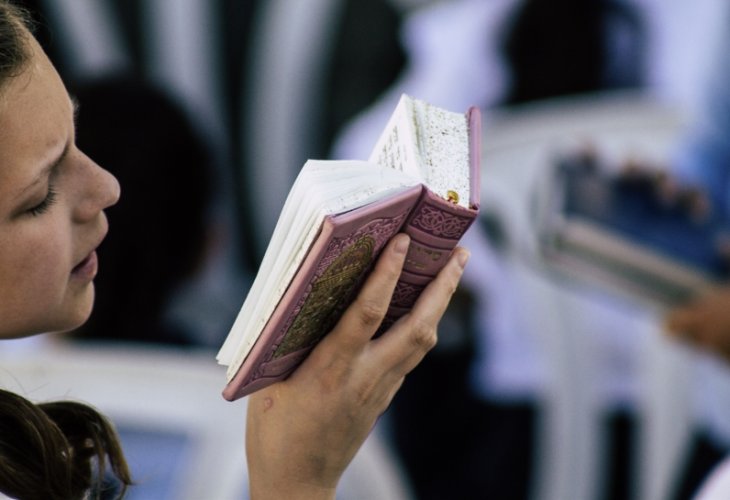Beginners Guide
Why Pray in a Fixed Format Instead of My Own Words?
It can be challenging to repeat the same words in daily prayer. What makes prayer from the siddur so special?
 (photo: shutterstock)
(photo: shutterstock)Our three patriarchs established the three prayers: Abraham instituted Shacharit, Isaac instituted Mincha, and Jacob instituted Maariv. The prayer format was established by the Men of the Great Assembly during the Second Temple period. These were members of Ezra the Scribe's court, established at the beginning of the Second Temple period. In this court, there were 120 elders, including prophets and sages like Haggai, Zechariah, Malachi, Daniel, Hananiah, Mishael and Azariah, Nehemiah son of Hachaliah, Mordechai Belshazzar, Zerubbabel, and Shimon the Righteous.
The Amidah (silent) prayer was written with divine inspiration, and it contains sacred combinations that open heavenly chambers when recited in this established format. The prayer includes deep intentions that create spiritual repairs in the upper worlds. The Chafetz Chaim writes on this matter: "When the Men of the Great Assembly established the prayer format, there were 120 elders, among them several prophets. They counted every blessing in its words and letter combinations with many hidden and exalted secrets, and when we recite these words as they were formulated by the Men of the Great Assembly, even if we do not know how to direct our intention, our prayer is accepted because the words themselves bring about their sanctity above, unlike when praying in other languages" (Biur Halacha on Shulchan Aruch, Siman 101).
In the language of Rabbi Chaim of Volozhin in his book Nefesh HaChaim: "And the intelligent will understand by themselves that it was not for nothing that 120 elders, among them several prophets, needed to establish such a small supplication and short prayer...For this reason, they established the structure of blessings and prayers specifically in these words, from what they saw and understood which way the light of each specific word dwells, which is very necessary for the repair of many worlds..." (Gate 2, Chapter 10).
The prayer contains all the needs of a person, both personal and collective, including livelihood, peace, health, national security, and more. If the prayer was said in a free-form, each person would pray mainly about their current difficulties and would not ask about other matters. The prayer in the fixed format serves as a daily reminder for people to attach all aspects of their lives to the Creator of the world and helps them pray for all important areas. Additionally, if there wasn't a fixed format to say, people who were burdened with daily life might relax their prayers and excuse themselves with short and weak prayers.
It is always recommended to learn about the meanings of prayer and its different explanations, thereby allowing one to connect with it even more deeply.
Recommended to read also: Why should we pray specifically with a minyan and not alone at home? The answers will surprise you
 עברית
עברית

